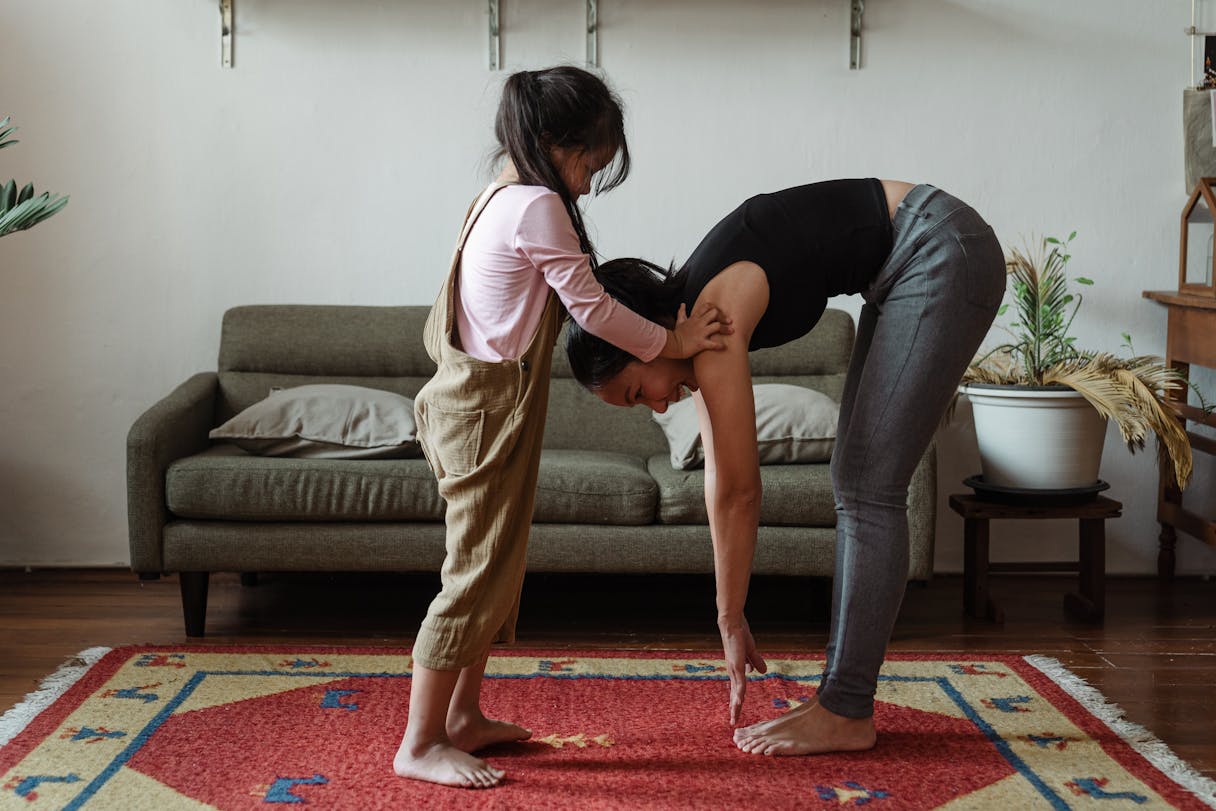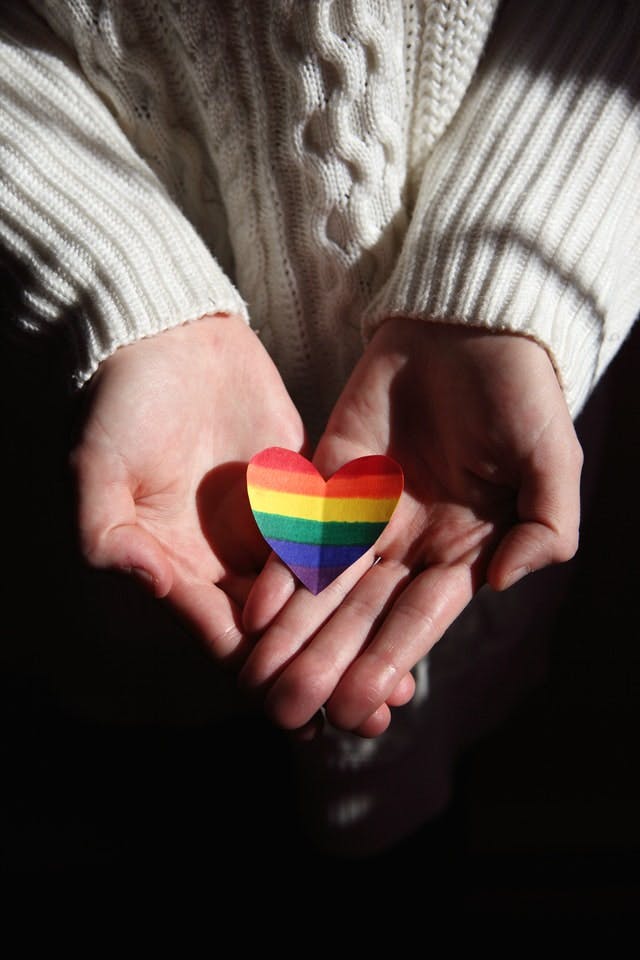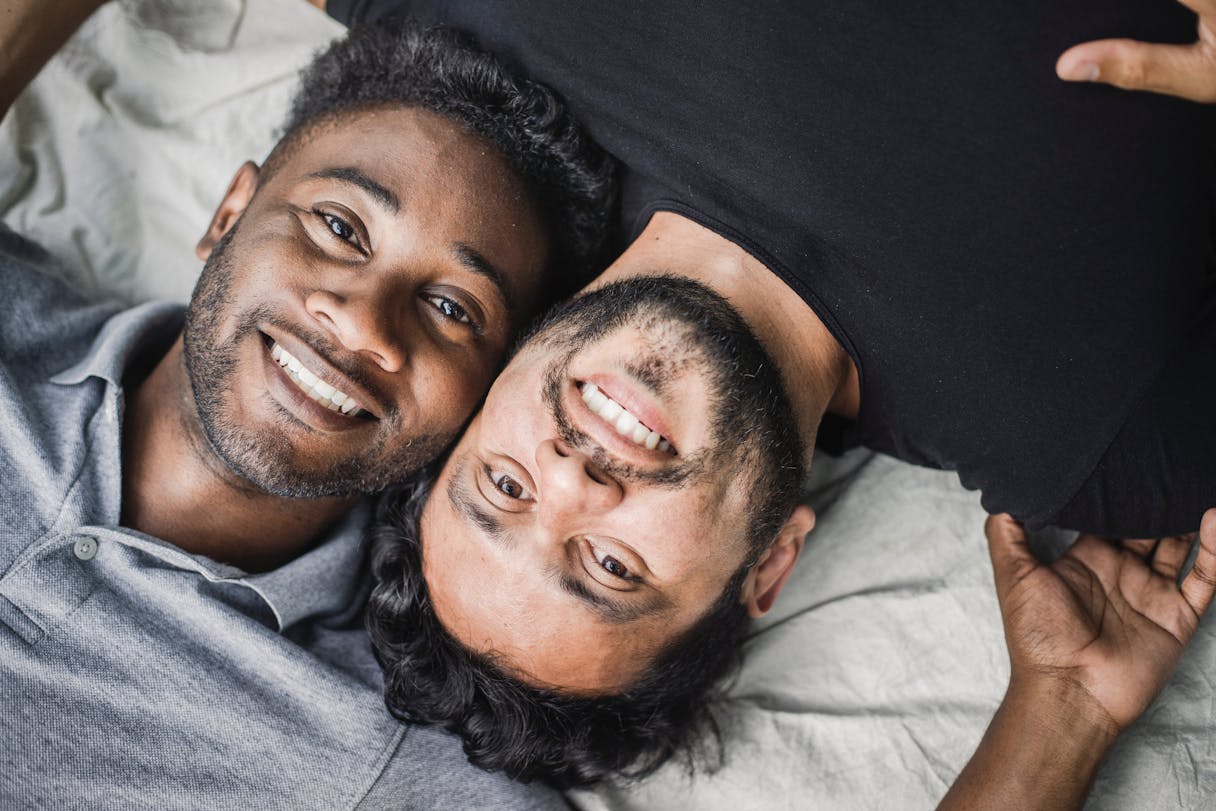Happy Pride Month! Here at Cerebral, we support every member of the LGBTQ+ community and support the rich history of the movement. Mental health is especially important for the LGBTQ+ community, and we’re proud to do everything we can to provide treatment to everyone who needs it.
Just how important is mental health to the LGBTQ+ community? About 4.5% of the US population identifies as LGBTQ+. Of these individuals, 39% reported living with a mental health condition in the past year. Compare that to roughly 20% of U.S. adults in the general population who experience mental illness in a given year.
As part of a vulnerable community, LGBTQ+ individuals are at high risk for experiencing shame, fear, and discrimination surrounding their identity. Discrimination, in turn, is associated with higher rates of mental health disorders, substance abuse, and suicide among the community.
As a result, mental health issues disproportionately affect the LGBTQ+ community. For example, LGBTQ+ adults are more than twice as likely than heterosexual adults to experience a mental health condition. They’re also 13% more likely to experience symptoms that interfere with major life activities, compared to 4% of heterosexual adults.
Transgender adults are almost four times as likely to live with a mental health condition than cisgender adults. Tragically, nearly 40% of transgender adults have attempted suicide in their lifetimes, compared to less than 5% of the general U.S. population.
It’s clear that personal, family, and social acceptance of sexual orientation and gender identity has a significant effect on the mental health and personal safety of LGBTQ+ individuals. Unfortunately, the stigma surrounding the LGBTQ+ community is still alive and well.
That’s where being a good ally comes in. An ally is someone who stands up for and supports the community by trying to make the world a better place for LGBTQ+ individuals. Good allies are crucial to reducing stigma and making LGBTQ+ individuals feel more open and accepted for who they are.
How can I be a good ally?
Buying lots of rainbow clothes and going to parades can be really fun, but these things alone don’t automatically make you a good ally. Genuine allyship means more than that. A good ally understands that allyship isn’t a label—it’s a lifelong set of behaviors and actions that support the LGBTQ+ community, both publicly and privately.
Listen, learn, and educate yourself
As a good ally, you are willing to have open conversations and listen to someone’s experiences without making them about you. If someone is comfortable being vulnerable with you to share their experiences, it’s important for you to truly listen and see where they’re coming from, without projecting your own experience onto them.
You should also respect how much someone is willing to share with you. It’s not fair to ask anyone to educate you on an entire community’s history and experience. No one should be treated like a search engine! Luckily, there’s a ton of resources online for you to educate yourself in order to develop a true understanding of the LGBTQ+ community.
During this process, someone will inevitably correct you on something, but there’s no need to be defensive. Good allies make mistakes all the time, and being able to recognize that, apologize, and learn from them is most important.
Uplift and empower LGBTQ+ voices
Empower the community by taking the time to uplift LGBTQ+ speakers, authors, musicians, writers, and anyone who can confidently speak on their life experiences with being queer. Read books by queer authors, listen to podcasts, watch documentaries on LGBTQ+ history, and share these voices on your feed and in real life.
Use inclusive language
Language is powerful, and using the proper words when it comes to someone’s gender identity or sexual orientation is an important part of being a good ally. Some examples include:
- Using terms like “everyone” or “you all” to address a group instead of something like “ladies” or “guys.”
- Not using slurs or phrases like “that’s so gay” to insult someone or something.
- Learning and respecting people’s pronouns, even if it doesn’t come naturally to you at first.
Confront your own prejudices and biases
Nearly everyone has biases and assumptions that they don’t realize they even have. Good allies acknowledge and confront them.
Reflect on what your own prejudices and biases may be. Start by asking yourself some questions. What are some jokes you’ve made or laughed at in the past that were disrespectful? Are you making assumptions about someone’s lifestyle because of their sexual or gender identity? Do you automatically assume someone’s sex or gender because of the way they look?
As a good ally, reflecting on your past beliefs and assumptions and deconstructing them will help break down the stigma.
Recognize your own privilege
The majority of us have some type of privilege, and it’s important to acknowledge your own privilege when being a good ally. There’s no need to feel defensive about being straight, able-bodied, cis-gendered, or any other type of privileged, as long as you understand what that means. Understanding your own privilege will help you empathize with the oppressions of other groups.
Advice from Cerebral’s Mental Health Professionals
Some advice on being a good ally from our mental health professionals:
“Just be there. Listen to them. Be curious and ask questions with an open mind to whatever the answer may be. You could say something along the lines of, ‘Though I don't fully understand what it's like for you, I accept you and I want to learn how I can best support you in your experience.’”
“Actively listening to someone who is LGBTQIA+ can sometimes be the biggest way to show support. Other ways to support could be to join them at a local pride parade/event, listen to LGBTQIA+ podcasts, ask questions from a caring place and normalize queer relationships. Try to remove assumptions or expectations. Each person experiences life within the LGBTQIA+ community differently, and it could mean a lot to remain open to what that could look like for different people, even if they identify similarly.”
“Accept them for who they are, even if you don't understand them. You do not have to understand a person to respect them. Acceptance and respect are the bare minimum. Use the terminology they use. If you don't know what something means, either ask them or look it up yourself. Do not make judgements, jokes, assumptions about their identity. If you have a (respectful) question, then ask. If they don't answer, respect that.
Do not ask invasive/inappropriate questions. If you wouldn't want to be asked the question, don't ask them. Ask your person how you can support them and then do what they tell you (which might include leaving them alone, and that is okay!). Follow LGBTQ+ advocacy organizations (PFLAG is a great national option) and seek ally support if you need it. Having accepting and supportive people in their life significantly reduces the risk of suicide in LGBTQ+ people.”
–Laura Conner, LCSW
To the LGBT community: How do you help allies support you?
When you’re a queer individual, it may feel really difficult to receive support from someone outside of the community. If you’d like to help people become better allies to the LGBTQ+ community, here are some ways to help them understand:
Be patient
Some people are still learning how to relate to the queer community, and still have decades of wrong assumptions and beliefs to work through. You are in no way responsible for educating someone on an entire movement on your own, but if you’d like to be patient with them, you could direct them to a website with a list of LGBTQ+ resources.
Tell your story in your own words
Your experience is valuable and part of the rich tapestry of strands that connects the LGBTQ+ community. If you feel comfortable opening up, sharing your own experiences of what it’s like to be queer will help other people better understand what the world’s like from someone else’s eyes.
Don’t discount your own experiences
Just because your experience doesn’t match up perfectly with someone else’s expectations doesn’t mean that your experiences aren’t valid. If someone is making you feel small, there’s no need to continue indulging them. Stand firm in your own identity and walk away from anyone who wants to tell you otherwise.
Resources
Good allies are powerful advocates for the LGBTQ+ community. Some resources to help you on your journey include:
- Cerebral: Coming Out Workbook
- LGBT National Help Center
- Trans Lifeline
- The Trevor Project
- National Center for Transgender Equality
- Trans Student Educational Resources
If you or a loved one is struggling with LGBTQ+ identity and mental health, these numbers are available 24/7:
- Trevor Lifeline: 1-866-488-7386
- Trans Lifeline: 1-877-565-8860
- SAGE National LGBT Elder Hotline: 1-877-360-LGBT (5428)
- National Suicide Prevention Lifeline for LGBTQ+ Community: 1-800-273-8255
Being a good ally is more than just being there for others; it means being there for yourself too. If you could use some mental health help, Cerebral offers affordable, convenient, and high-quality online care. Click below to learn more!
Medically reviewed by: David Mou, MD, MBA

7 Self-Care Tips for Moms

Why Is Substance Abuse And Addiction So Prevalent Among The LGBTQI+ Community?

Supporting Mental Illness in the LGBTQ+ Community

Call 911 if you’re having a
mental health emergency
Text Home to 741-741 if you're in emotional
distress and need immediate support
Call or text 988 Suicide &
Crisis Lifeline. Chat service
is available at 988lifeline.org.